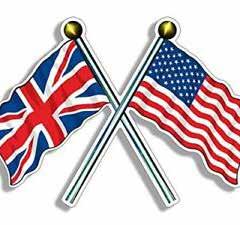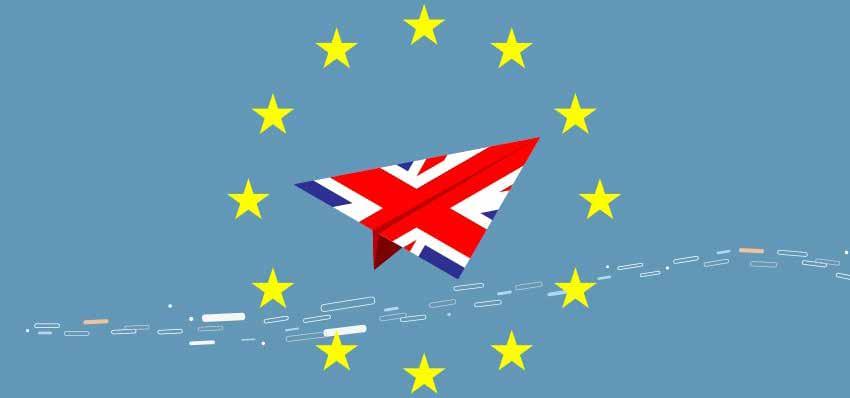
4 minute read
Brexit - again
Brexit - nearly there
Amidst all the Corona stuff, we do have a few other developments, Brexit being one of them.
Advertisement
UK left EU by 31 January 2020. But it is not over yet. We are in the ‘transition phase’ which is the 11-month window for UK and EU to sort out how to work together in the future.
The real end to it is 1 January 2021. Either there is a set of agreements on multiple areas or UK is on its own.

Boris the PM is adamant that UK must leave the customs union and the EU Single Market. It has been spelled out that UK wants to be able to do trade deals and agreements themselves without having to obey EU regulations.
Is this important? It sounds a bit dull.
EU is insisting that UK must adhere to environmental and labour laws among others. Without this, UK can (in theory) export banned products to Europe.
ment with US to allow such import from US and a free access to Europe, UK can then flood Europe with a banned product.
That is why EU is insisting on adherence to base rules, protecting European consumers.
Is this a silly example? Not really. UK wants a close cooperation with US, allowing UK products easy access to US markets. US wants to have access to UK markets. This access is currently blocked as EU has different rules for what a safe product is.
A product may be OK in US, but banned in Europe (the chickens).
If UK is to pursue a ‘deal’ with US, allowing banned products access to UK, UK cannot be allowed access to European markets. In a no-deal scenario, UK goods will not only be lumbered with tariffs, but certain UK products will be banned. That will hurt UK export badly.
Is this the only example? There are several other examples pertaining to more than just US, but let us look at another two areas.

US is squeezing UK on the access of US-made SUV’s. Certain SUV’s are banned in Europe as not adhering to safety standards. US wants to be able to export to UK.
Certain US pharmaceuticals are banned in Europe. US wants to export to UK and gain a slice of the NHI procurement in the UK (which is big money).

UK is at a crossroad now. Time to choose.

Consequences
It is easy to list all the things that will be different in the UK after 1 January 2021. There are two major areas which will define the years ahead.
UK alignment to USA
Boris the PM seems to be following the lead of President Trump. Clear indications are the ejection of Huawei in the UK 5G network, the rumblings about sanctions on China and the UK stance on Europe.
If we look at President Trump’s stance on Europe, it is one of confrontation and bullying. The abrupt ending of some 13,000 US troops in Germany (without even telling Germany) is a case in point.
Trump’s threats of sanctions against all and sundry for trading with China and other measures (or countries) are worrisome. If the UK should follow Trump’s lead, we may question any future relationship between UK and EU.

Is the US stance a long-term US commitment or is it ‘politics’ by Trump? If the latter it will surely change in 2024 and maybe this year if Trump should be voted out.
If Trump is still the president for the next four years, we will see more confrontations with EU. Insofar as the EU economy is now bigger than the US economy and the US economy is harder hit by Corona, the US may not be able to be a dominant player for much longer.

It is also worth noting that US seems to be drawing in on itself. The withdrawal from several international agreements is not a good sign. The US economy is too big to be neglected and is needed in the global perspective.
If the UK should align itself to Trump’s visions (with trump president for the next four years), UK might find itself very isolated when Trump is out latest in 2024.
Scotland
There now seems to be a trend where laws and regulations are specific to either England or to Scotland. It can be called autonomy or Scottish independence or ‘the centre cannot hold’.

If this trend is gaining momentum, then the Scottish independence movement might just want another referendum …and this time it might be dissolution of the UK as a consequence.
Scotland was never in favour Brexit and if the Brexit deals regarding Ireland will be acceptable, Scotland might not be afraid of a breakup.










